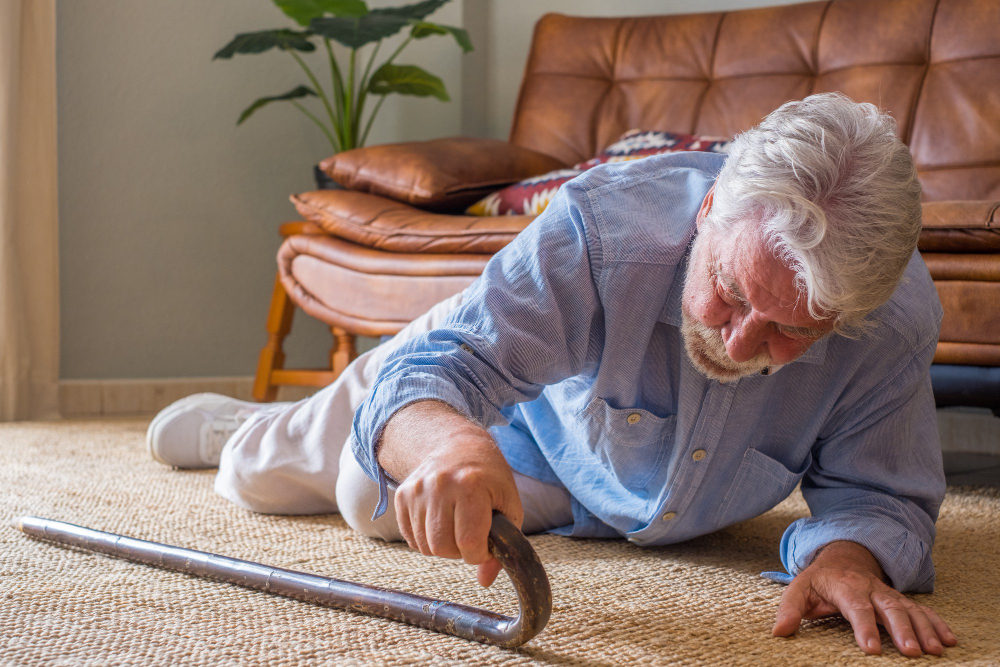Common Accidents for Seniors and How to Prevent Them

As we age, our bodies become more fragile, and we become more susceptible to accidents and injuries, a fact of life that most seniors find challenging to live with. Common accidents for seniors are of concern, as these can lead to debilitating injuries, increase hospitalization duration and healthcare costs, not to mention the physical and emotional distress they can cause. This blog post aims to discuss common accidents for seniors and provide practical tips on how to prevent them.
1. Falls
Falls are the most prevalent type of accidents among seniors, with approximately one in four people aged 65 and older suffering from falls each year. Falls can lead to fractures, head injuries, and other severe injuries. Prevent falls by:
- Keeping pathways clear of obstacles
- Installing handrails and grab bars in bathrooms, hallways, and stairs
- Wearing proper footwear with non-slip soles
- Performing physical exercises to boost muscle strength and balance
2. Burns
Seniors are at a higher risk of burns due to age-related changes such as thinning skin, reduced sense of touch, and delayed reaction time. To reduce the risk of burns:
- Check food and drink temperature before consumption
- Place fire extinguishers in easily accessible locations
- Lower the water heater temperature to prevent scalding
- Avoid smoking or using lighters near flammable materials
3. Poisoning
Poisoning is the accidental ingestion of toxic substances. Older adults are at high risk of drug poisoning due to their medication regimen. It is essential to talk to a medical professional and follow the correct dosage and storage instructions to prevent poisoning incidents.
4. Car Accidents
Seniors who drive face an increased risk of accidents due to age-related changes in vision, hearing, reaction time, and decreased mobility. To decrease the risk of car accidents, seniors should:
- Avoid driving during rush hour and during adverse weather conditions
- Ensure that their car is regularly maintained in good condition
- Take regular breaks during long drives
- Consider using public transportation or carpooling
5. Choking
As we age, our coordination and chewing abilities may deteriorate, making us more likely to choke on our food or drink. To reduce choking risk:
- Follow a diet rich in fiber and a variety of fruits and vegetables
- Chew thoroughly and slowly before swallowing
- Avoid talking while eating
- Drink plenty of fluids to stay hydrated.
Conclusion
Accidents affect everyone, but seniors are more vulnerable to their effects. It is essential to take preventive measures to safeguard our seniors from accidents and their effects. Simple home modifications such as installing grab bars and handrails and performing physical exercises can go a long way in reducing the risk of falls. Proper medication management, vehicle maintenance, and abstaining from smoking can also prevent accidents. The Empire Home Health Care in Philadelphia, PA, offers reliable home healthcare solutions for senior citizens. For more information on how to keep your senior loved ones safe and healthy, contact Empire Home Health Care today.